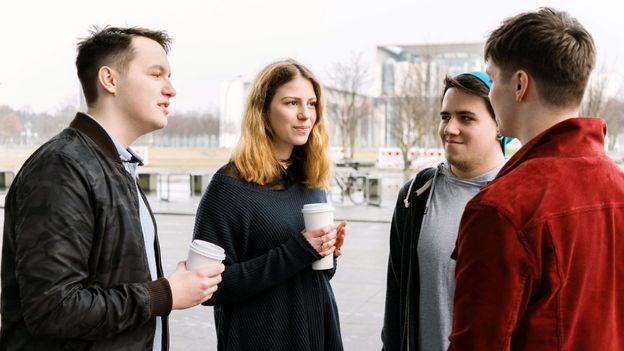As a disabled person, I face ableism and ableist language every day. Some people use ableist language without even knowing that it is ableist. I thought it would be good for folks to take a look at the attached BBC article and expand their perspectives a bit.



“If you’re comparing the badness of two words, and you won’t even say one of them? That’s the worse word.”
I admit I didn’t read the article, but I can say that with the phrase in question of “fall on deaf ears”, it’s a complicated situation. The phrase is poetic in nature and I’m hesitant to try and erase this particular phrase from modern day. I have fear that there will be an over correction towards being non offensive and that creativity as a result will suffer. As someone who has a fondness for poetic expression, this feels like a “throwing the baby out with the bath water” type of situation.
But what’s great about this is finding new and creative ways to express yourself! “My points fell on rocky ground” — Biblical allusion. “They believed me as if I were Cassandra” - Greek. “My words fell on them like the sun under an umbrella.” If you want to keep the synecdoche, “Their ears weren’t ready to hear me”. There’s opportunities to be really creative and poetic if you’re interested in language as rhetoric!
Colloquially, nobody will blink at “They refused to listen” or “It was like I was talking to a tree”.